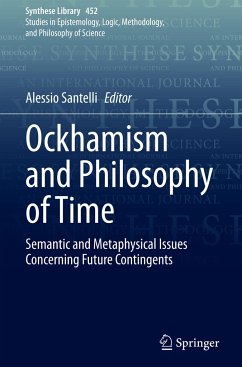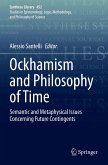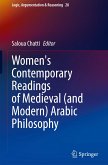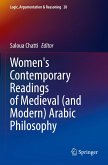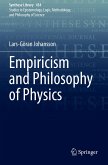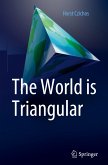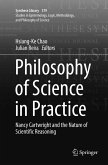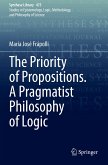This book discusses fundamental topics on contemporary Ockhamism. The collected essays show how contemporary Ockhamism can impact areas of research such as semantics, metaphysics and also the philosophy of science. In addition, the volume hosts one historian of Medieval philosophy who investigates the way in which William of Ockham "in flesh and bone" construed time and, more generally, future contingency.
The essays explore the different meanings of this theory. They cover three main topics, in particular. The first examines the thesis that sentences and propositions about the future have a definite truth value, without any ensuing commitment to determinism or fatalism. The second topic looks at the problem whether the branching-time model needs to countenance a privileged branch (the so-called Thin Red Line). Finally, the third topic considers the idea that there are so-called soft facts. These would be the subject matter of sentences and propositions verballyabout the present or the past, but metaphysically about a later time, and which might change in the future.
Overall, the book provides an updated and rigorous idea of the debate about Ockhamism. It gives readers a deeper understanding into this philosophical approach influenced by William of Ockham, characterized by the rejection of the Aristotelian idea that, in order to preserve the contingency of the future, future contingents must be deemed neither true nor false.
The essays explore the different meanings of this theory. They cover three main topics, in particular. The first examines the thesis that sentences and propositions about the future have a definite truth value, without any ensuing commitment to determinism or fatalism. The second topic looks at the problem whether the branching-time model needs to countenance a privileged branch (the so-called Thin Red Line). Finally, the third topic considers the idea that there are so-called soft facts. These would be the subject matter of sentences and propositions verballyabout the present or the past, but metaphysically about a later time, and which might change in the future.
Overall, the book provides an updated and rigorous idea of the debate about Ockhamism. It gives readers a deeper understanding into this philosophical approach influenced by William of Ockham, characterized by the rejection of the Aristotelian idea that, in order to preserve the contingency of the future, future contingents must be deemed neither true nor false.

